CEOs are also "addicted" to ChatGPT
“ChatGPT has been my companion for the past 2 years. Until now, ChatGPT probably understands me better than my personal secretary,”FPT CEO Nguyen Van Khoa said at Leaders Forum 2025. This forum was organized by the Ho Chi Minh City Association of Women Entrepreneurs (HAWEE) and the Ho Chi Minh City Young Entrepreneurs Association (YBA) on the morning of September 24.
Going back to the past, according to Mr. Khoa, as early as 2009, FPT established a unit specializing in artificial intelligence (AI) to focus on research in this field. 13 outstanding people of the enterprise were sent to Canada to study and were trained by Professor Yoshua Bengio - the person known as the "AI wizard".
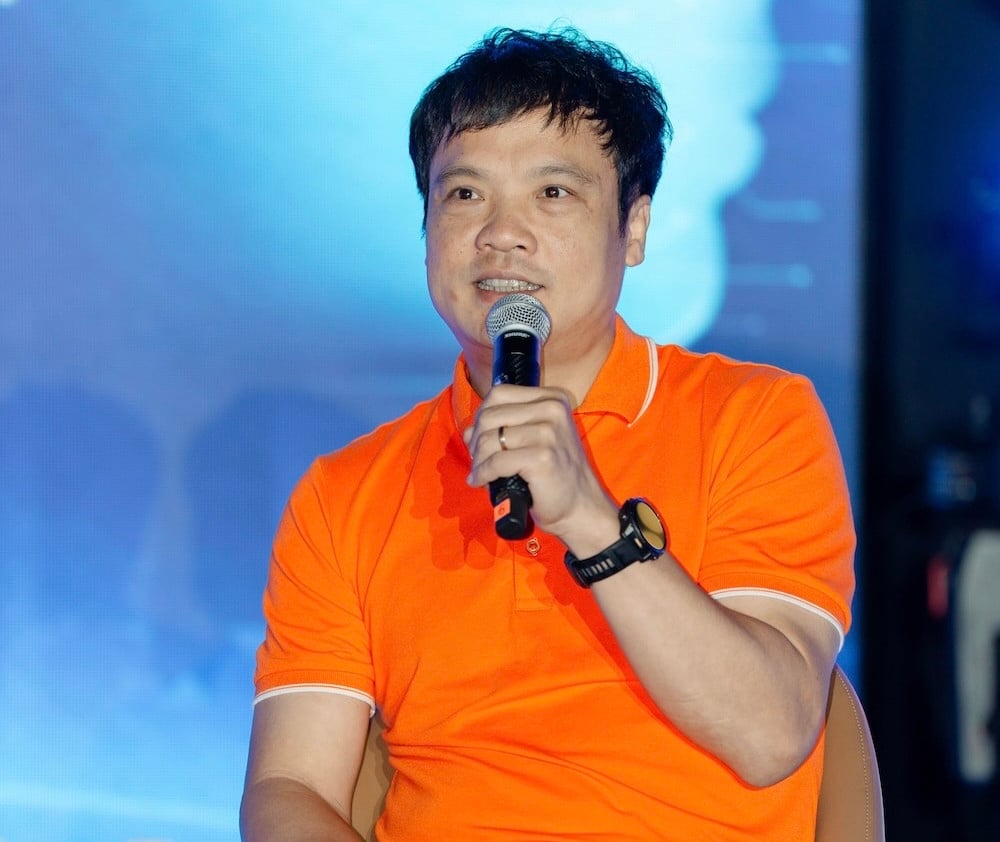
When pursuing AI, the three main goals that the group's Board of Directors wants to achieve are: "Profit - Productivity - Exchange". In which, "Profit" means that AI must increase profits; "Productivity" means that AI must increase productivity; "Exchange" means innovation and creativity.
Vietnamese people learn quickly, apply quickly but also forget very quickly. With that in mind, FPT soon issued a policy to "force" employees to use ChatGPT, Grok and other AI tools. From January 1, 2025, all reports in the group must be made on models with AI tools.
Even the security guard at the parking garage knows how to operate and exploit the facial recognition and license plate scanner to handle problems when they arise. The person in charge of the kitchen also uses AI to determine the food standards of the day, he shared.
Similarly, Mr. Pham Hong Hai - General Director of Orient Commercial Bank (OCB ) admitted that he started to be "addicted" to using ChatGPT.
On average, Mr. Hai receives about 1,000 emails a day. Because of the many meetings he attends, he cannot handle all of them. At the end of the day, the bank leader asks ChatGPT to summarize the emails that need to be answered and prioritize them. This task saves him a lot of time.
In business operations, AI also helps OCB's digital bank Liobank to score customer credit through facial recognition or identify suspicious transactions.
Don't let AI "get it"
AI has many benefits. However, OCB representative affirmed that AI cannot replace the role of humans. Bank staff are still the ones who make the final decision when reviewing credit scores assigned by AI. Because, if the data is not checked, AI can produce incorrect and biased models.
Besides, the CEO's experience is that he only believes when he meets customers directly. Through meeting, he can understand the personal life of customers.
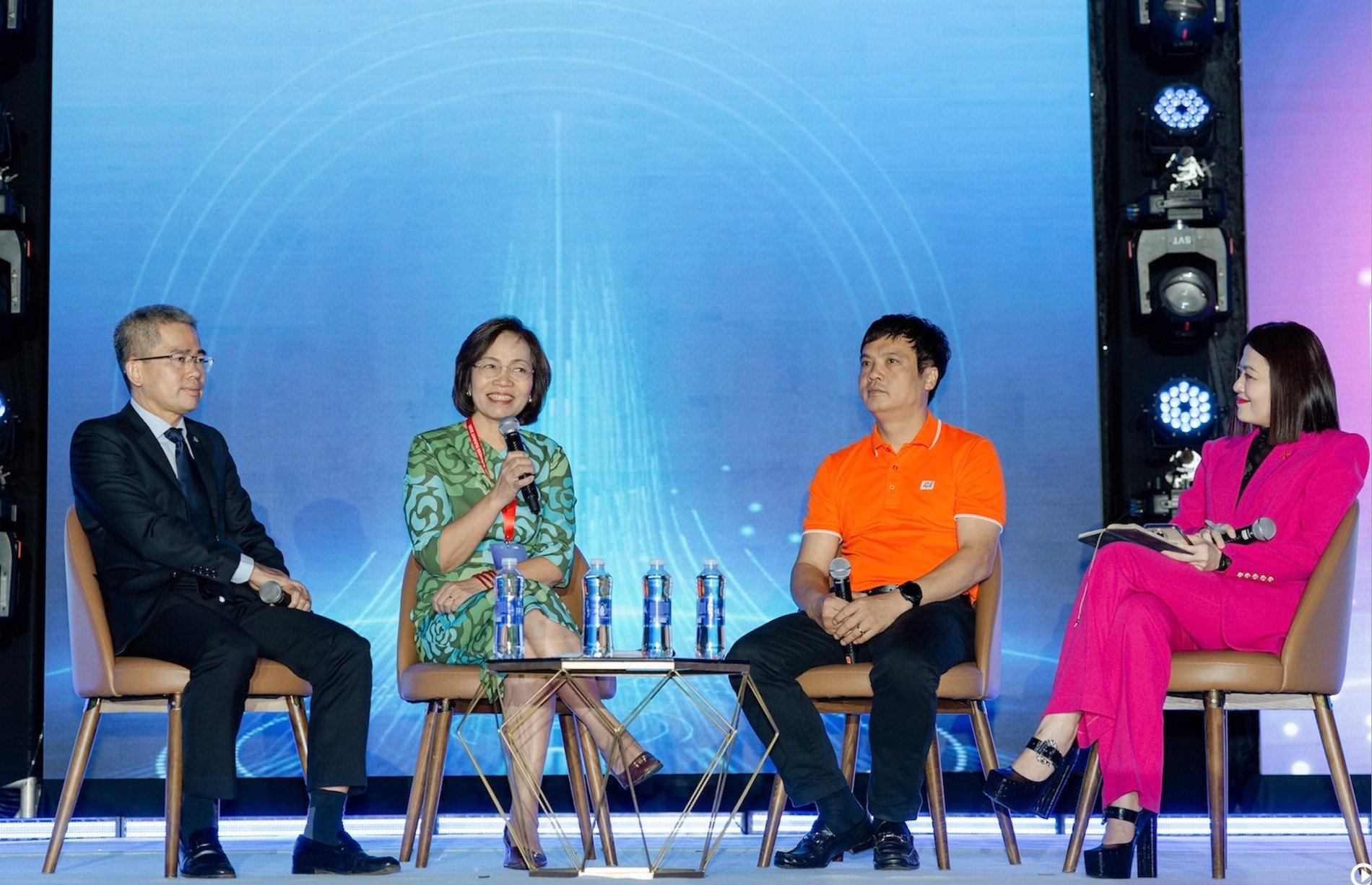
He recounted that when looking at the financial data of some borrowers, he could see that it was not good. However, when meeting the borrowers in person, he knew that they were people who still went home to eat lunch with their families. That proved that they were family-oriented and would pay back the loan. AI could not understand such family-related factors. Therefore, the role of humans was still in charge of the final decisions.
In addition, not every service needs the speed of AI. When going to the bank to do a transaction, older customers will need a staff to sit and talk to them. So, putting AI into this step is not appropriate.
Sharing the same view, FPT CEO Nguyen Van Khoa also believes that using AI in jobs that require emotions is a mistake. On the contrary, AI is suitable for jobs that require speed, accuracy, and ease of listening. Such as taxi dispatching switchboards.
“AI is not a wizard with a magic wand. AI must be used in the right place. Right in FPT, we have many units that have been 'addicted' to AI and have lost quite a lot of money,” Mr. Khoa admitted.
FPT CEO gave an example of the process of businesses switching to technology application in the US, Japan, and Europe. In this process, people are still the core and most important resource.
According to him, the success of AI projects is thanks to people who have mastered the expertise, stood on the line for decades but are often forgotten. The key is to bring those people into AI and not leave them behind.
Therefore, when corporations like Toyota or Honda order AI models, FPT has to work with 60-70 year old workers to describe their production experience - things that machines do not have. Next, FPT generalizes all of the above experience and processes into technology.
For a more specific example, FPT was assigned the task of using AI to recreate the answers of a Honda Group leader, even though he had passed away long ago. This project recreated the way he answered questions as he did when he was alive, not just simply synthesizing the answers. Thanks to that, future generations of Honda can learn and refer to the work experience of the late leader.
Source: https://vietnamnet.vn/ceo-fpt-ai-khong-phai-la-phu-thuy-voi-chiec-dua-than-2445791.html


![[Photo] General Secretary To Lam chairs the meeting of the Central Steering Committee on preventing and combating corruption, waste and negativity](https://vphoto.vietnam.vn/thumb/1200x675/vietnam/resource/IMAGE/2025/9/29/fb2a8712315d4213a16322588c57b975)

![[Photo] Many streets in Hanoi were flooded due to the effects of storm Bualoi](https://vphoto.vietnam.vn/thumb/1200x675/vietnam/resource/IMAGE/2025/9/29/18b658aa0fa2495c927ade4bbe0096df)
![[Photo] General Secretary To Lam attends the ceremony to celebrate the 80th anniversary of the post and telecommunications sector and the 66th anniversary of the science and technology sector.](https://vphoto.vietnam.vn/thumb/1200x675/vietnam/resource/IMAGE/2025/9/29/8e86b39b8fe44121a2b14a031f4cef46)
![[Photo] National Assembly Chairman Tran Thanh Man chairs the 8th Conference of full-time National Assembly deputies](https://vphoto.vietnam.vn/thumb/1200x675/vietnam/resource/IMAGE/2025/9/29/2c21459bc38d44ffaacd679ab9a0477c)
![[Photo] General Secretary To Lam receives US Ambassador to Vietnam Marc Knapper](https://vphoto.vietnam.vn/thumb/1200x675/vietnam/resource/IMAGE/2025/9/29/c8fd0761aa184da7814aee57d87c49b3)

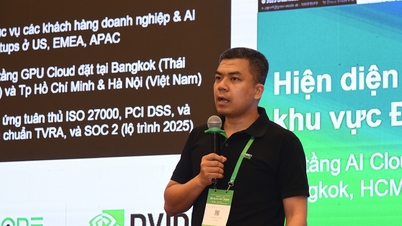
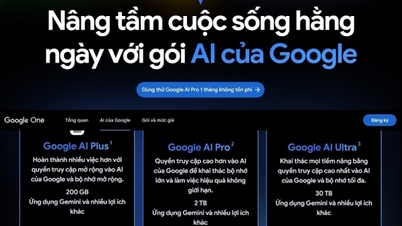







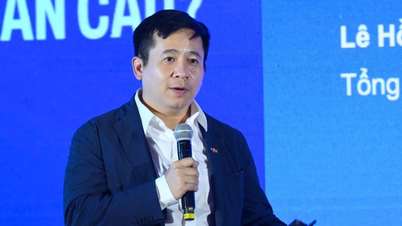

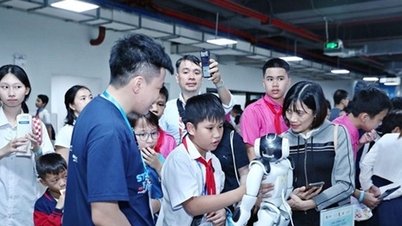
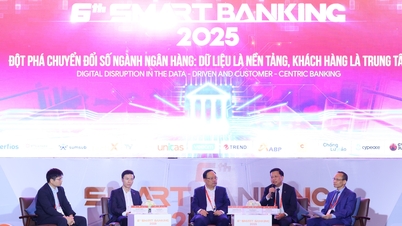






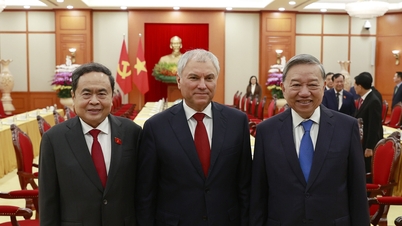


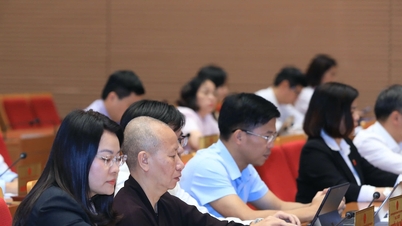
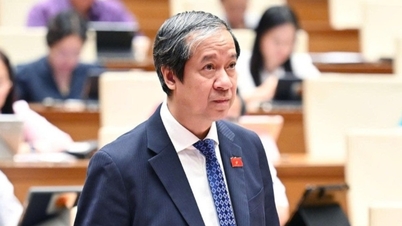




















































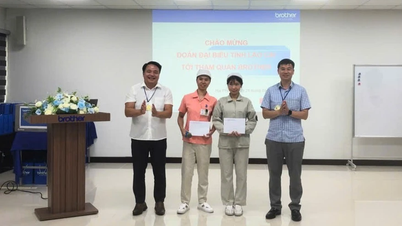
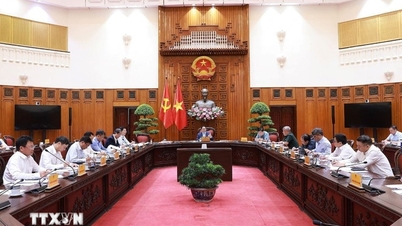














Comment (0)